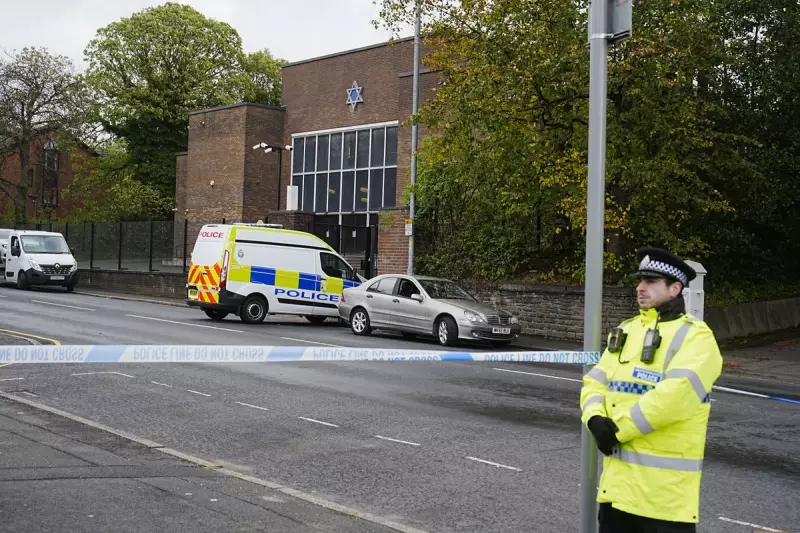
In a remarkable public confrontation, Business Secretary Kemi Badenoch has launched a scathing attack on Greater Manchester Police after officers visited her family home in response to what she described as a "frivolous" council tax complaint.
The senior cabinet minister took to social media to express her outrage after two police officers arrived at her Cheshire property on Wednesday evening. Mrs Badenoch, who also serves as Minister for Women and Equalities, revealed she was away in London at the time, leaving her husband and children to deal with the unexpected visit.
Security Fears for Senior Minister
Mrs Badenoch didn't hold back in her criticism, stating the police action had created "enormous security concerns" for her family. She questioned why officers would attend a minister's home based on what appeared to be a routine council tax matter rather than directing the complainant to contact the local authority directly.
"GMP should not be getting involved in council tax disputes," the minister declared, suggesting the force had wasted valuable police resources that could have been better deployed tackling serious crime in the Manchester area.
Police Defend Their Actions
Greater Manchester Police responded by stating they had a duty to investigate all reports brought to their attention. A spokesperson explained that the visit followed a complaint from a member of the public regarding the council tax status of the property.
However, the force acknowledged the sensitivity of the situation, confirming they had contacted Mrs Badenoch to discuss her concerns about the incident and the security implications for her family.
Political Backing and Wider Implications
The minister received immediate support from Conservative colleague James Daly, MP for Bury North, who described the police action as "utterly disgraceful." Mr Daly emphasised that visiting a minister's home on such grounds represented a significant security breach.
This incident raises serious questions about police protocols when dealing with complaints against high-profile public figures and the potential for malicious use of police resources to harass elected officials.
The controversy comes at a sensitive time for police-public relations and highlights the ongoing challenges faced by politicians in maintaining both accessibility and personal security for themselves and their families.





